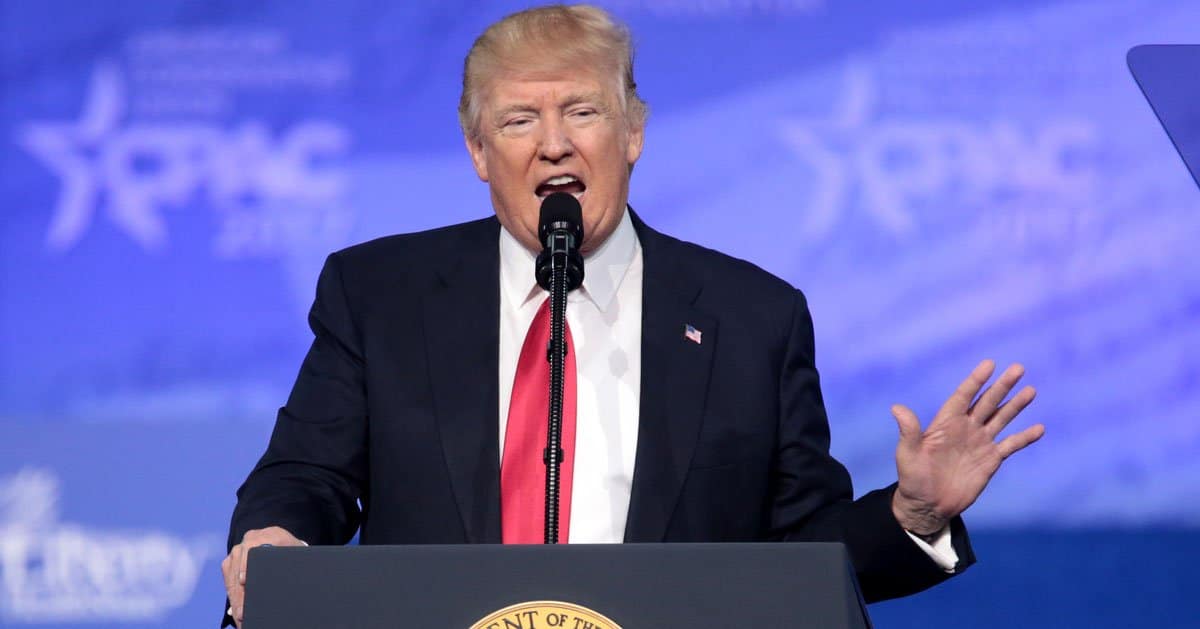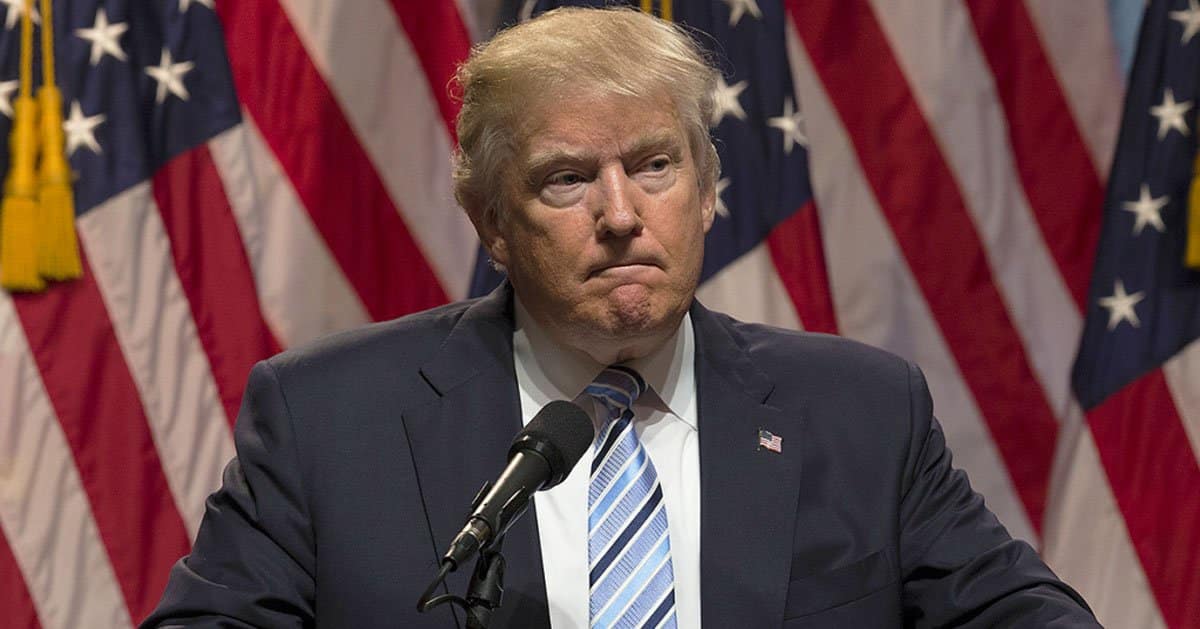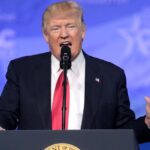








America’s tech fortress just got a shiny new moat as the Trump administration rolls out tougher trade restrictions on subsidiaries of Chinese firms already under scrutiny.
Newsmax reported that this isn’t just a policy tweak; it’s a bold stand to keep our cutting-edge innovations, especially in artificial intelligence, from slipping into the wrong hands. And let’s be honest, in a world of global tech rivalries, this feels like a long-overdue chess move.
The crux of the matter is simple: the administration has expanded national security trade barriers to include affiliates of Chinese companies listed on the Commerce Department’s entity roster, aiming to block sensitive tech transfers.
Announced in the Federal Register on Monday and effective the very next day, this rule slams the door on loopholes that let sanctioned firms dodge restrictions by operating through shadowy subsidiaries.
It’s a no-nonsense approach to ensure that if a listed company holds a majority stake in another outfit, that outfit gets the same cold shoulder from U.S. trade. Call it a family affair—except this family’s not getting any holiday invites.
The policy’s core mission is to safeguard American technology and strategic interests, with a laser focus on preventing unauthorized leaks of AI programming to China.
In an era where tech competition is the new battlefield, this move signals that the U.S. isn’t playing around when it comes to protecting its innovation edge. It’s not just about gadgets; it’s about national security.
But don’t think this is just a jab at foreign players—U.S. companies tied to Chinese partners for components or raw materials might feel the pinch too. They’ll need to ramp up compliance efforts and scrutinize their supply chains like never before. It’s a headache, sure, but isn’t it worth it to keep our tech secrets safe?
Key sectors like semiconductors could see ripples from these tightened rules, as trading with affected firms gets trickier. Companies can still apply for licenses to maintain business ties, and a temporary 60-day adjustment period via general licenses offers some breathing room. Still, the message is clear: play by the rules or step aside.
Speaking of rules, the administration’s emphasis on controlling advanced tech transfers, particularly AI, stems from growing concerns over global competition with China.
National security officials have been pushing hard for these measures to shield American innovation from foreign risks. It’s not paranoia; it’s prudence in a world where code can be as dangerous as cannons.
The National Security Agency has even launched a dedicated AI Security Center to ensure that AI developed in the U.S. doesn’t wander off without strict oversight.
This isn’t just a department—it’s a digital watchdog with teeth, designed to keep our tech under lock and key. If that’s not a sign of the times, what is?
Now, while there aren’t any direct quotes from officials to spice up this story, the intent behind these policies speaks louder than words ever could. The focus on a consistent U.S.-China trade and tech strategy shows a resolve to stop playing catch-up in the global tech race. It’s a stance that says, “We’re serious, and we’re not backing down.”
Let’s not pretend this is all smooth sailing—American firms caught in the crosshairs will face real challenges adapting to these restrictions. But isn’t it better to endure short-term growing pains than to risk long-term vulnerabilities? A little supply chain homework now could save a lot of heartache later.
The broader goal here is crystal clear: to ensure that sensitive materials and technologies aren’t indirectly funneled to entities that could threaten U.S. interests.
This isn’t about stifling trade for the sake of it; it’s about drawing a line in the sand to protect what’s ours. And frankly, that’s a line worth defending.
Critics might argue this approach risks overreach, potentially alienating global partners or hampering economic growth. But when the stakes involve national security and foreign policy, playing it safe isn’t just cautious—it’s common sense.
The progressive push for unchecked globalism often ignores these hard truths, and it’s refreshing to see a policy that doesn’t.
At its heart, this policy is a reminder that technology isn’t just a business—it’s a battleground where America must hold its ground. The Trump administration’s move to tighten the screws on subsidiaries of listed Chinese firms is a calculated step to prevent backdoor access to our most vital assets. It’s not personal; it’s practical.



